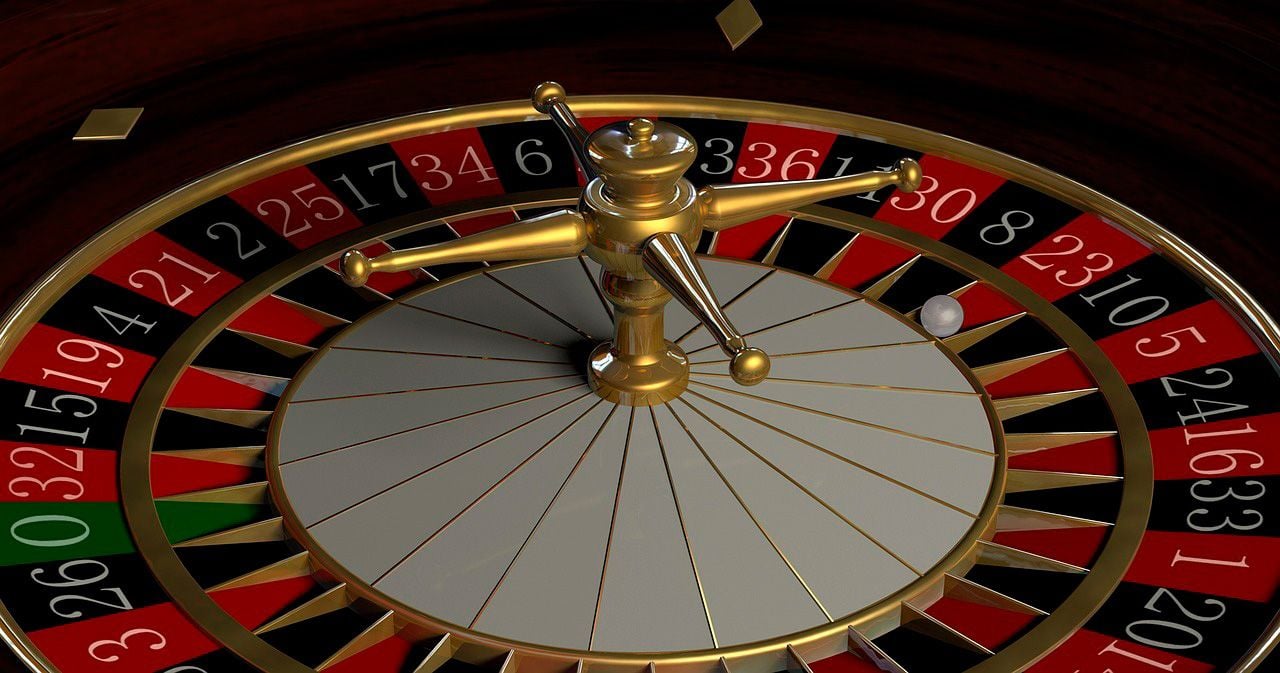
In the world of gambling, in which chance and strategy intersect, a unique tapestry of beliefs unfolds—one that braids luck, fate, and the enigmatic nature of casino games. Casinos, bustling with excitement and anticipation, are not just spaces for placing bets; they are also arenas where superstitions thrive. Ranging from the novice player to the seasoned gambler, these mysterious practices often shape how individuals approach the games they play, believing that their actions can affect the outcome in ways that go beyond mere probability.
When players gather around roulette wheels, blackjack tables, and slot machines, the atmosphere is thick with stories of lucky charms, rituals, and codified behavior that defy logic yet provide a sense of comfort. It could be the case that it’s wearing a specific outfit, following a particular sequence of bets, or even avoiding certain numbers, the attachment to various superstitions reflects a deep-rooted desire to manipulate the uncontrollable. This article delves into the captivating world of casino game superstitions, investigating the beliefs that both entertain and mystify those who dare to play.
Historical Roots of Superstitions
Gambling activities have long been entwined with an variety of superstitions that trace to ancient cultures. The beginnings of these beliefs can be connected to humanity’s innate need to influence the unpredictable outcomes related with fortune and chance. In ancient civilizations, activities of uncertainty were often tied to ritualistic practices. Players would seek favor or ask for favor from gods, believing that their actions could influence the results in their favor. This foundation laid the basis for the variety of superstitions that spread as betting evolved over time.
During the Middle Ages, betting became a popular activity across European nations, and with it, a rich tapestry of superstitions appeared. Participants adopted different rituals and charms, believing they could change the outcome of games. The significance of numbers, in particular, began to manifest in superstitions related to card games and dice. The number seven was often considered favorable, while other numbers carried unfortunate connotations. These notions mirrored the social contexts of the time, adapting as they transferred through generations and transformed to different gaming environments.
As gaming establishments developed in the 17th century, particularly in the Italian peninsula and France, the atmosphere surrounding gambling became steeped in mystique. The growing accessibility of casino activities allowed for the dissemination and variation of superstitions among players. Concepts like lucky charms, specific seating positions, and rituals gained prevalence, creating a unique culture within gambling establishments. As these traditions continued to thrive, they became essential to the identity of casino activities, illustrating how the past and tradition shape the belief systems that influence how participants interact with chance.
Common Gambling Myths
Beliefs surrounding casino games are abundant and varied, reflecting the dreams and anxieties of gamblers as they participate in chance-based games. One of the most prevalent beliefs is that certain digits bring fortune or misfortune. For example, the number 7 is often seen as a favorable digit, frequently sought after by gamblers looking for a positive result. Conversely, the number 13 is routinely considered cursed, leading many gamblers to avoid it during their gaming periods.
Another frequent superstition relates to practices that gamblers believe can influence their chances. It could be blowing gently on the dice before a throw, using a particular gesture to place a wager, or even wearing particular items of attire, many people feel that these actions can tilt fate in their favor. These practices offer a sense of control in an otherwise random environment, strengthening the idea that luck can be created through individual convictions and customs.
Finally, the environment and vibe of the gambling house itself contributes to superstition. Many players suggest that the presence of certain symbols, such as four-leaved clovers or fortunate coins, can enhance their odds of success. Additionally, gamblers might adhere to the notion that winning streaks can be halted by mundane occurrences, such as someone walking past or a spill at the gaming surface. The collective atmosphere in a casino can amplify these beliefs, creating a communal culture of myths that transcends individual encounters.
Impact of Superstitions on Players
Beliefs play a crucial role in the mindset of casino players, often influencing their actions and choices. Numerous gamblers believe that fortune can be influenced through various rituals, such as donning a talisman, choosing particular hues, or avoiding certain numbers. This dependence on superstitions can create a sense of authority in an environment that is inherently unpredictable. Players frequently feel more self-assured and engaged when they think that their actions could sway the outcome of a game in their favor.
The influence of these superstitions extends beyond singular players, affecting the overall atmosphere within the casino. non GamStop casino UK For instance, a player who believes in the luck of a certain slot machine might draw a gathering, as onlookers are intrigued by their apparent luck. This collective belief can amplify excitement and create a lively environment, leading to an interesting experience even for those who may not necessarily be believers themselves. The buzz around specific games can lead to higher participation and longer playing sessions, supporting the casino’s lively social scene.
In some instances, superstitions can lead to detrimental effects for players. Depending too much on rituals can result in bad gambling decisions, as some may overlook basic strategies in favor of baseless beliefs. Additionally, the stress to perform rituals may increase anxiety and stress levels, diminishing from the pleasure of the experience. Ultimately, while superstitions can enhance the thrill of playing casino games, they can also lead to poor choices that overshadow the fun and entertainment intended in the casino experience.